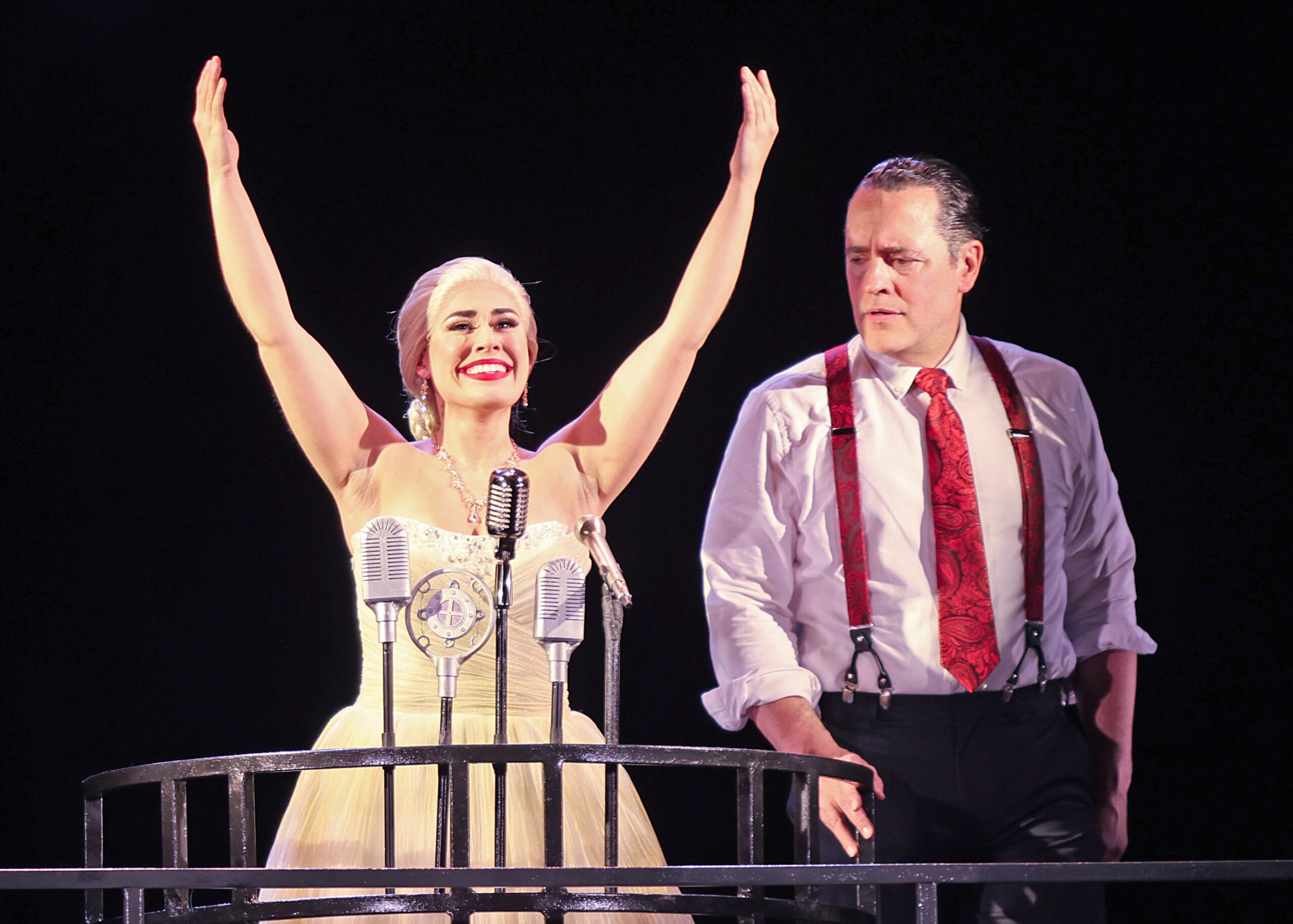Eva Perón: A Complex Legacy
Introduction
Eva Perón, the charismatic and influential first lady of Argentina, remains a controversial figure whose legacy continues to spark debate. As a champion of labor rights and women's suffrage, she garnered immense popularity among the masses, earning the moniker "Evita." However, her authoritarian tendencies, ties to corruption, and perceived vanity have also cast a shadow over her reputation. This essay will critically examine the complexities of Eva Perón's legacy, exploring the multifaceted nature of her character, the impact of her policies, and the enduring controversies surrounding her.
Champion of the Masses
Eva Perón's rise to prominence began in the 1940s as she worked alongside her husband, Juan Domingo Perón, to mobilize the working class and establish a just society. She played a pivotal role in securing labor rights for women and campaigned tirelessly for women's suffrage, which was finally granted in 1947. Her commitment to social welfare programs, particularly the provision of housing for the poor, further solidified her popularity among the masses (Fraser and Navarro, 2001).
Authoritarian Undertones
Despite her populist appeal, Eva Perón's rule was not without its authoritarian aspects. She used her influence to stifle dissent, suppress opposition, and consolidate power for her husband's regime. Her control over the media and her manipulation of public opinion were evident in the creation of the "Evita cult," which portrayed her as a near-saintly figure (Rock, 1995).
Corruption Allegations
Allegations of corruption have also plagued Eva Perón's legacy. Critics accused her of amassing personal wealth through shady business dealings and exploiting her position for financial gain. Her opulent lifestyle and lavish spending, while her country faced economic hardship, further tarnished her reputation (Page, 2003).
Feminist Icon and Perceived Vanity
As a strong advocate for women's rights, Eva Perón has been hailed as a feminist icon. However, her emphasis on physical appearance, her beauty treatments, and her glamorous wardrobe have also drawn criticism for perpetuating traditional gender norms and promoting a superficial ideal of beauty (Guy, 1994).
Enduring Controversies
The controversies surrounding Eva Perón's legacy continue to resonate today. Some historians view her as a champion of the poor who used her power to uplift the marginalized, while others condemn her as an authoritarian figure who ruthlessly exploited her popularity (Guillermoprieto, 2002). Her image remains a source of debate, with some celebrating her as a symbol of social justice and others demonizing her as a manipulative demagogue.
Conclusion
Eva Perón's legacy remains an enigma, a complex web of accomplishments, contradictions, and unanswered questions. Her unwavering commitment to social justice and her groundbreaking work on labor rights and women's suffrage cannot be denied. Yet, the authoritarian tendencies of her rule, the allegations of corruption, and her perceived vanity cast a shadow over her reputation. In seeking a comprehensive understanding of Eva Perón's legacy, it is essential to recognize both her positive contributions and her flaws. Only through a critical and balanced assessment can we fully appreciate the complexities of this multifaceted figure.
Eva Perón's story serves as a timely reminder of the complexities of power, the challenges of social progress, and the enduring nature of historical controversies. Her legacy continues to inspire and divide, underscoring the need for a nuanced understanding of the past and the ongoing struggle to create a more just and equitable society.
Pink: The Pop Rock Star Who Defies Expectations
Katy Perry: The Pop Sensation Who Took Over The Charts
Takumi Minamino: The Footballer Who Took Japan’s Soccer Team To New Heights



